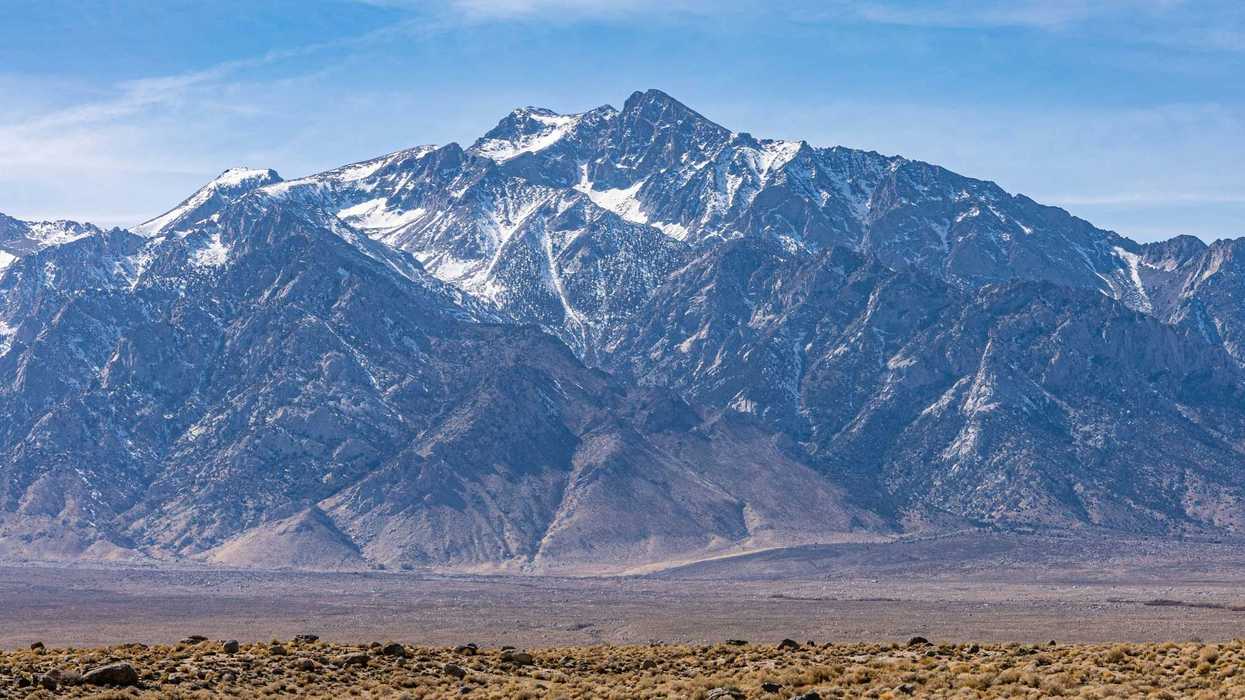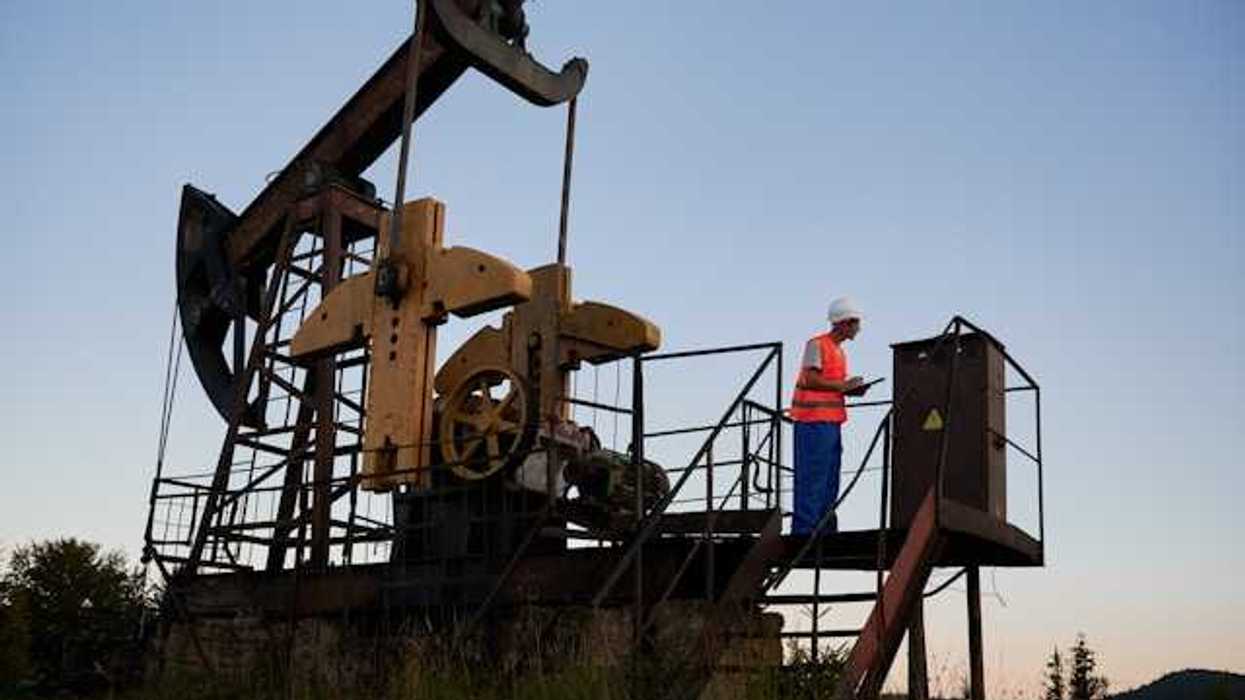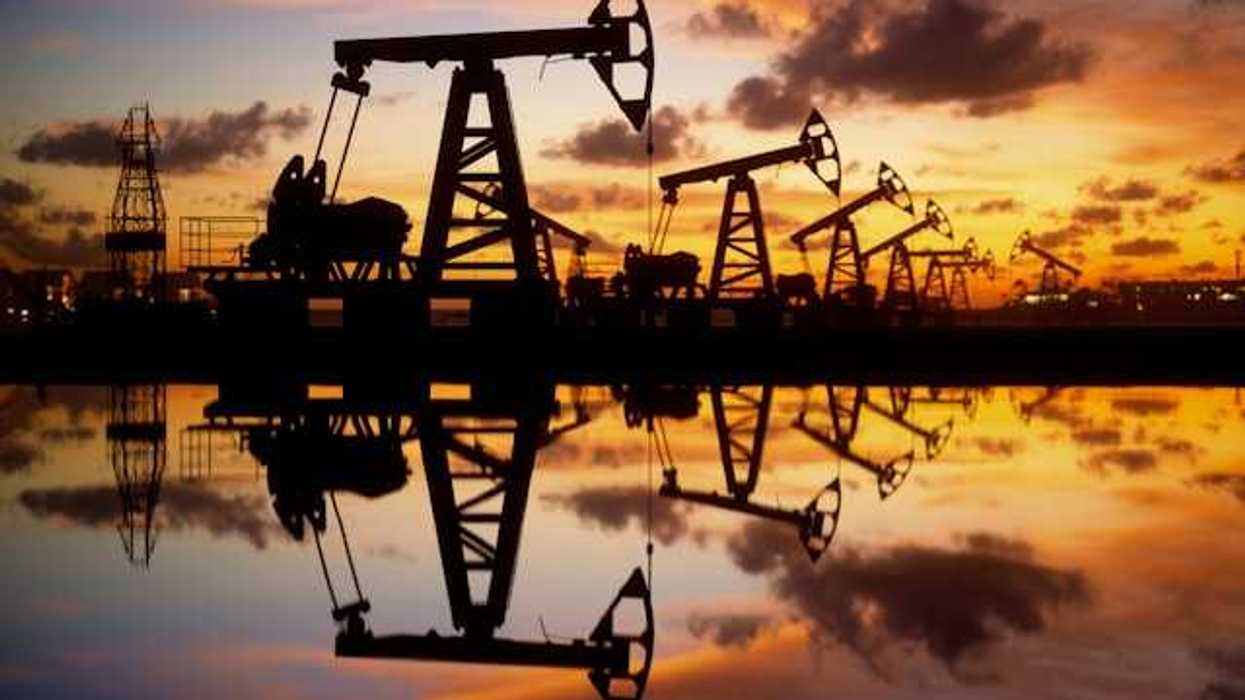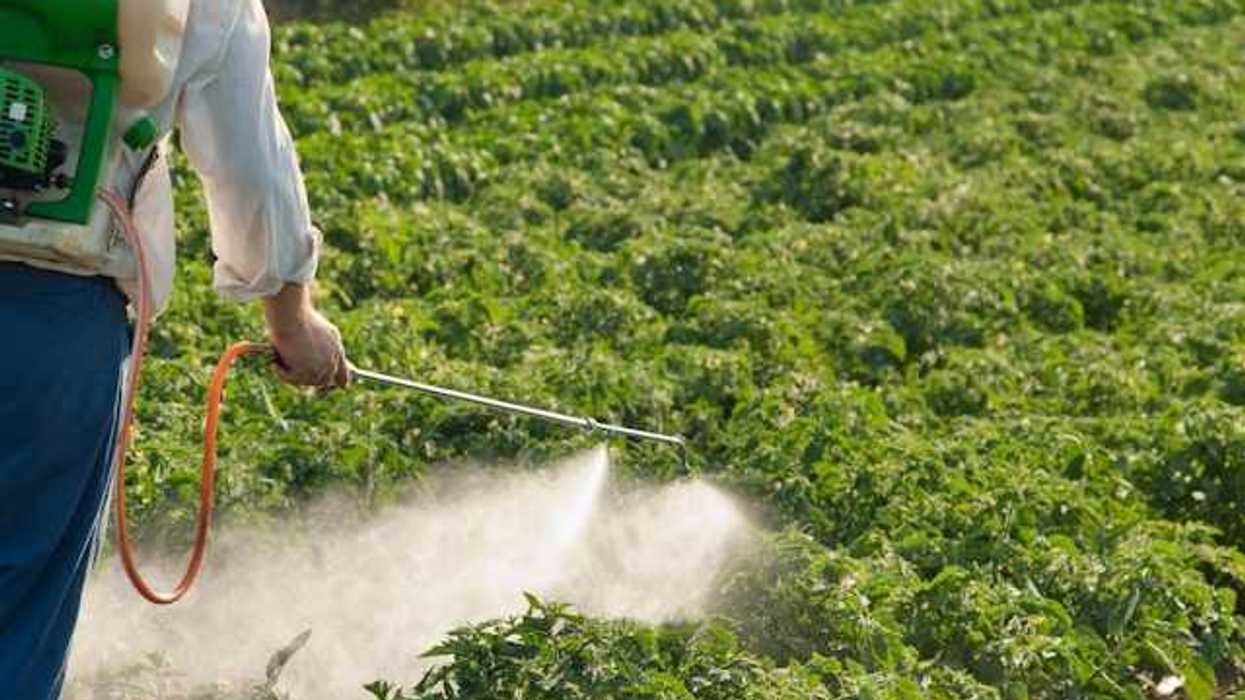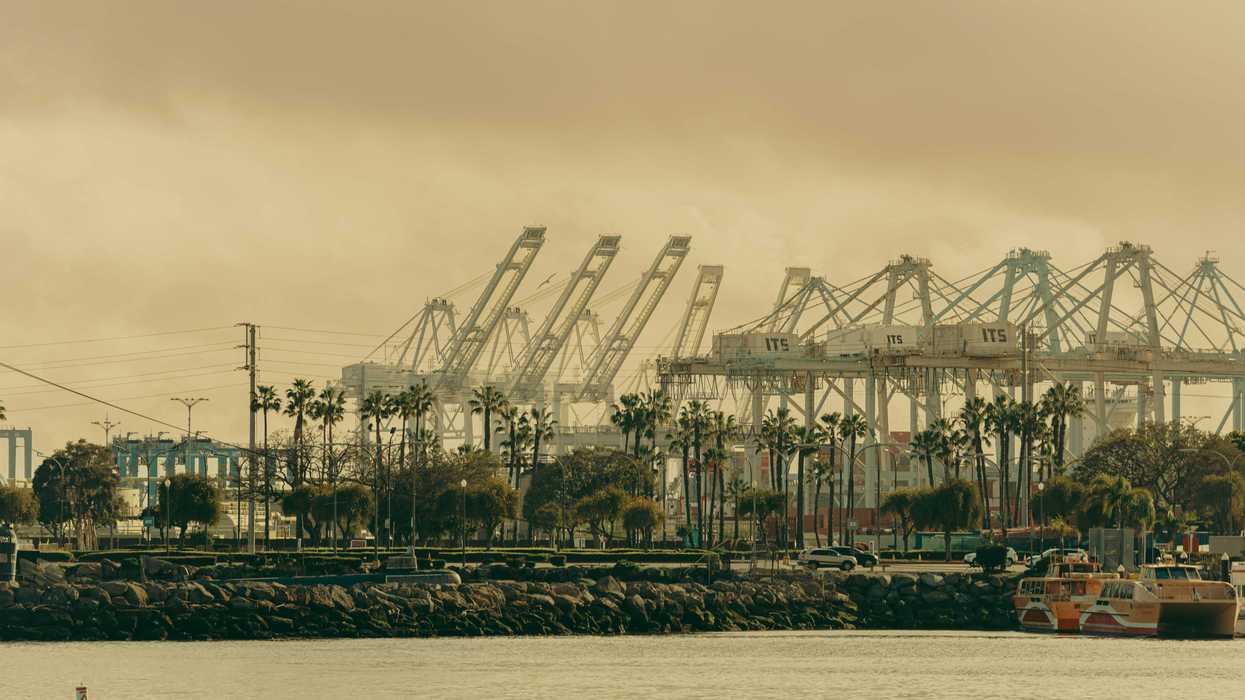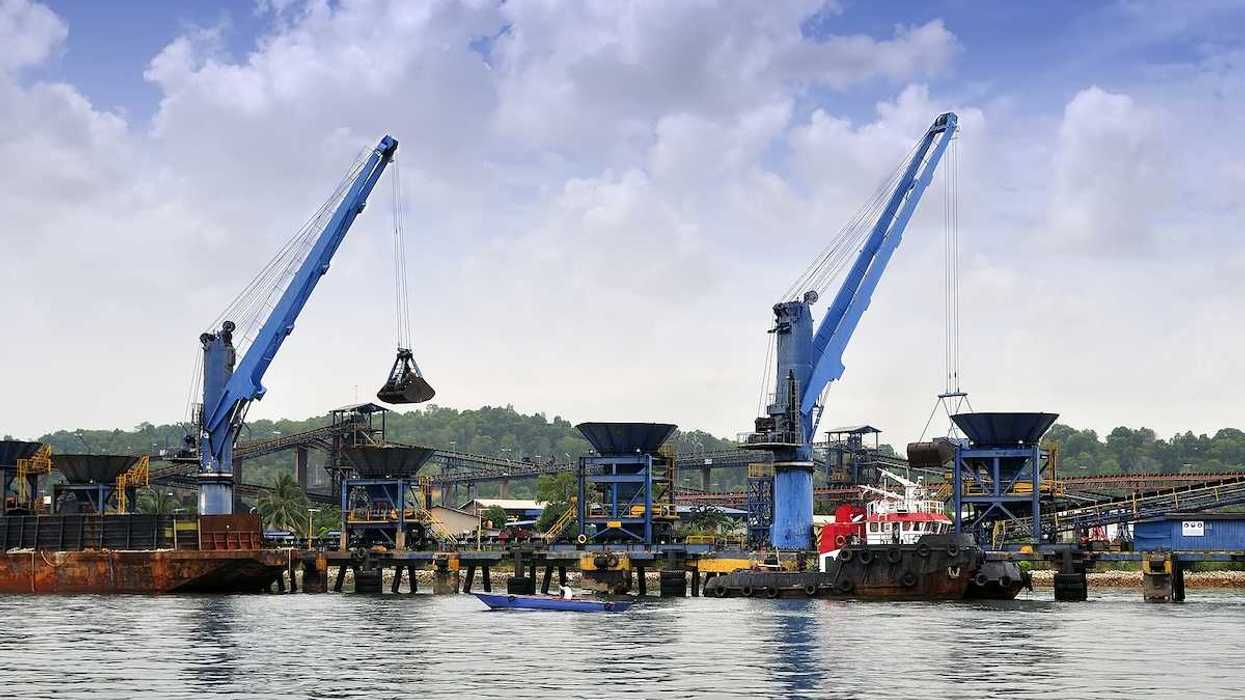The oil and gas industry has been using "forever chemicals" in both conventional and fracking wells for decades, often without disclosing their use to regulators or the public.
In 2022, EHN reporter Kristina Marusic conducted an award-winning investigation into how and where these chemicals have been used in Pennsylvania and their potential impacts.
Here are the stories from that investigation:
Part 1: PFAS: The latest toxic concern for those near fracking
Part 2: See where toxic PFAS have been used in Pennsylvania fracking wells
Part 4: How Colorado is preventing PFAS contamination from the oil and gas industry (And how other states, including Pennsylvania, could do the same)





